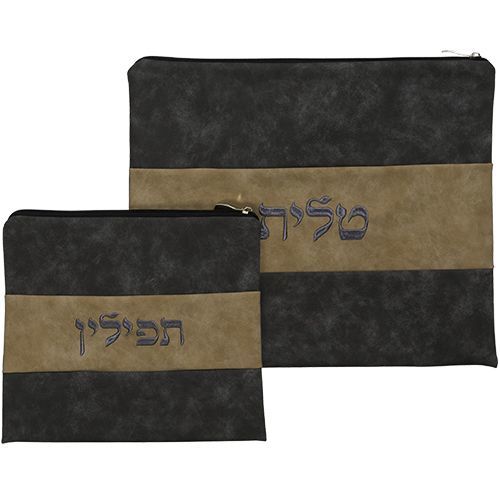
Juggling Money
Trouble starts when a person invests large sums that he doesn’t have, needs expensive financing, over-staffs, and invests in unwarranted expenditures.

The Garden of Riches, Part 19
Juggling money
The most common mistake in business is that a person wants to juggle large sums of money, for it seems the way to make larger profits. But the truth is that he should make an exact calculation of his yearly transactions: what he invested and what he received from other people, and how much money he is left with. Now, he’ll see that the bottom line doesn’t show much profit. Why? A person can only earn what is predetermined for him from Heaven, no matter how many billions he juggles. He won’t be able to earn one penny more. Therefore, in most cases after he will calculate his income and his expenditures, he’ll see clearly that he’s left with not much more than a simple salary.
The only way to add to what was predetermined on Rosh Hashanah is through increased prayer, charity, and giving the proper tithes on income. Then, Hashem might add to what was predetermined on Rosh Hashanah.
Trouble starts when a person invests in large sums that he doesn’t have, needs expensive financing, over-staffs, and invests in advertising and unwarranted expenditures. Then, he is using up his yearly budget. He might even overspend what was predetermined for him and sink into large debts.
One’s annual income depends totally on Hashem’s decree. Yet, a person can squander with virtually no limits, especially when he has access to credit. Consequently, there is a limit to how much a person can earn but no limit how to how much he could lose. If he would have run his business on a smaller scale, according to his true ability, he would have avoiding wasting money on needless employees, advertising, interest payments on loans, and similar expenditures. In the final calculation, he would have earned more, his full predetermined amount. By running his business on too large of a scale, he incurred heavy expenditures that had no justification or financial prudence. As such, careless businessman are liable to find themselves deep in debt, Heaven forbid.
King Solomon says (Proverbs, ch. 28), “A person that has trust in Hashem will be full of blessings, but somebody that is eager to get rich he won’t come way clean.” This is Hashem’s decree, that whoever is eager to get rich will not come way clean – he will for sure be punished. Why? According the basics of emuna, a person must be happy with his lot in life. Those who crave to get rich violate this basic principle and are therefore punished.
On the other hand, he who believes in Hashem’s blessing and is happy with his lot doesn’t crave riches. Whenever he wants to invest his money, even though he speaks with experts such as the bank manager or a financial advisor, he still remembers always that Hashem alone decides the amount and source of his earnings.
Before he closes on a business deal, he prays to Hashem: “Master of the world, I thank You for everything that you provided for me until today. Please, Hashem, give me good advice how to invest my money, in a way that it will return profits, in order that I will be able to give charity and do loving kindness”. Before investing, he turns to Hashem. He asks for Hashem’s guidance in every endeavor.
After investing, he turns to Hashem once again: “Please, Master of the World, give me full trust in You, that whatever You will grant me – whether losses or profits – I will accept with love.” The prophet praises such a person and says, “Blessed is the man that trusts in Hashem, and Hashem will be his trust,” and also, “Whoever trusts Hashem will be surrounded by kindness.”
On the other hand, a person with weak emuna blindly trusts an expert or a financial advisor and makes business deals indiscriminately, as if the expert distributes income to people. The prophet describes this type of individual and says, “Cursed is the man that will put his trust in a person.” Whenever one trusts himself, his wisdom, abilities or good luck, he’ll end up sorely disappointed. Whenever anyone trusts anything besides Hashem, the object of his trust will fail him.
Rebbe Menachem Mendel of Kotzk elaborated on our sages’ saying that the Torah was only given to those that eat manna and explained that the Torah was only given to those satisfied with what they have every day, and are happy with there lot, and are not worried about the future. In the desert, the manna would fall from the heaven in a daily portion, for forty years as long as the Jews were in the desert! And so it continues in the future generations. Only one with emuna and trust in Hashem merits the Torah, because with no trust, he wastes his life chasing after his income, and won’t be free to learn Torah. And, even if he would learn, his heart will not be in his learning.
To be continued.














Tell us what you think!
Thank you for your comment!
It will be published after approval by the Editor.